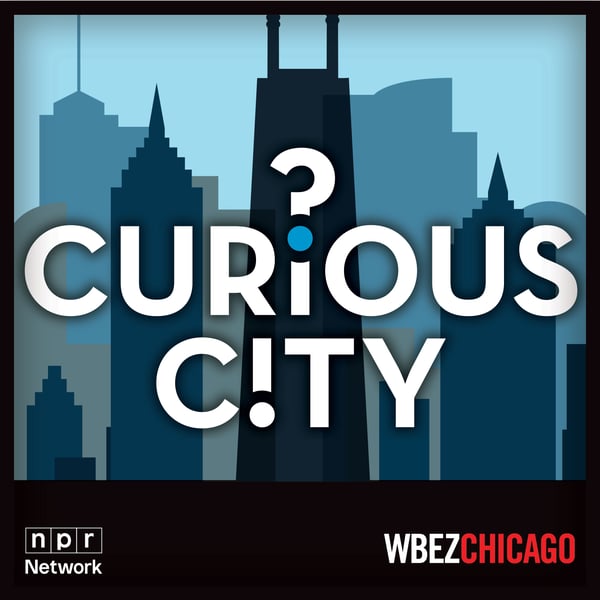The Underground Railroad Existed Throughout Illinois, Including In Chicago
Curious City
WBEZ Chicago
4.8 • 642 Ratings
🗓️ 6 June 2024
⏱️ 5 minutes
🧾️ Download transcript
Summary
Transcript
Click on a timestamp to play from that location
| 0:00.0 | It's Curious City, where we take your questions about Chicago and the region, and investigate, report, explore, from WBEZ. |
| 0:11.6 | I'm Olivia Richardson. |
| 0:13.6 | Curious City was asked several questions about the Underground Railroad in Chicago and across Illinois. |
| 0:19.6 | People wanted to know if there were stops or safe houses in |
| 0:22.5 | Chicago. Places where fugitives from slavery, who we now call freedom seekers, could rest on their |
| 0:28.5 | way to freedom. The answer is yes, but the details are hard to find. Only a handful of the places |
| 0:36.2 | associated with the Underground Railroad are |
| 0:38.5 | documented. To understand that history in Chicago, it's important to know that before 1850, |
| 0:44.5 | Chicago was a terminus or a destination. It was a relatively safe place for formerly enslaved black |
| 0:51.2 | people. However, in 1850, Congress passed the Fugitive Slave Act, which allowed |
| 0:58.6 | so-called slave catchers to come north in pursuit of people escaping enslavement. |
| 1:05.5 | And anybody who interfered with those slave catchers or helped freedom seekers could be fined or even sent to |
| 1:13.3 | prison. It was a really absolutely atrocious law, one of the kind of really evil laws in the |
| 1:20.2 | history of the American legal system. This is Larry McClellan, Professor Emeritus at Governor's State |
| 1:26.0 | University. He explains, that law made Chicago much |
| 1:30.5 | less safe for formerly enslaved people. The act of 1850 essentially guaranteed that the only way |
| 1:37.4 | that freedom seekers would be freed would be if they made their way to Canada. |
| 1:41.5 | Historian Ted Karamanski says this law prompted black people in Chicago to organize |
| 1:47.0 | to help freedom seekers avoid capture. |
| 1:50.5 | And so they developed a strong network of informants, |
| 1:54.9 | and they had an ability to kind of come together at short notice |
| 1:59.3 | if one of the members of the African American community |
... |
Please login to see the full transcript.
Disclaimer: The podcast and artwork embedded on this page are from WBEZ Chicago, and are the property of its owner and not affiliated with or endorsed by Tapesearch.
Generated transcripts are the property of WBEZ Chicago and are distributed freely under the Fair Use doctrine. Transcripts generated by Tapesearch are not guaranteed to be accurate.
Copyright © Tapesearch 2025.

